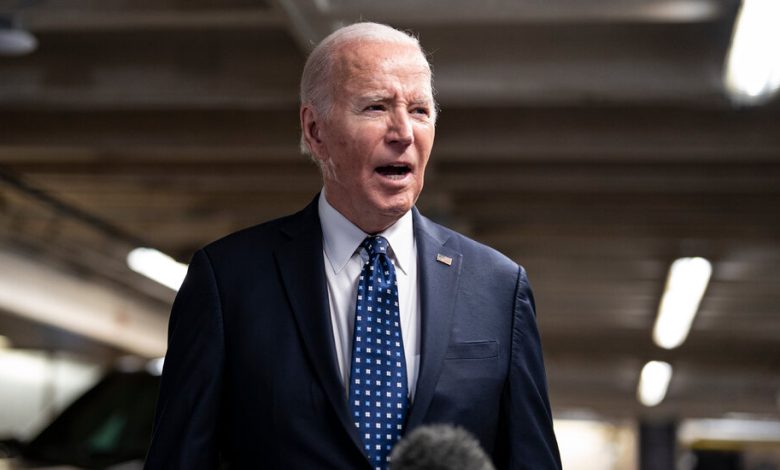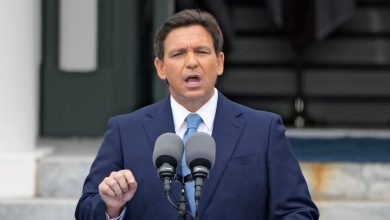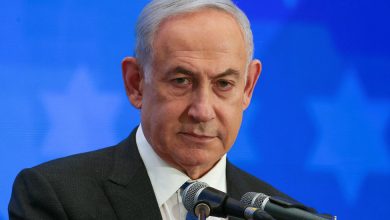U.S. to Impose Sanctions on More Than 500 Russian Targets

The United States plans to impose sanctions on more than 500 targets on Friday in its response to Russia over the death of the opposition leader Aleksei A. Navalny, the largest single package in a flurry of economic restrictions since the country’s invasion of Ukraine two years ago, according to a Treasury Department spokeswoman.
The new measures, which are set to be rolled out by the Treasury and State Departments on Friday morning, come after the White House signaled this week that it was preparing “major” penalties after the recent death of Mr. Navalny in a Russian prison. It is not clear which sectors or individuals the Biden administration plans to target, a crucial variable in the sanctions’ ultimate expansiveness and effectiveness.
As the war approaches its third year, the Biden administration has become increasingly reliant on using its financial tools to try to damage and isolate Russia’s economy. It has worked with allies from the Group of 7 nations to cap the price at which Russian oil can be sold on global markets, frozen hundreds of billions of dollars of Russian central bank assets, and enacted trade restrictions to try to block the flow of technology and equipment that Russia uses to supply its military.
The United States has been closely coordinating with Europe in its efforts to cut Russia off from the global economy. This week, the European Union unveiled its 13th tranche of sanctions on Russia, banning nearly 200 people and entities that have been helping Russia procure weapons from traveling or doing business within the bloc. Britain also announced sanctions this week on companies linked to Russia’s ammunition supply chain, as well as on six Russians accused of running the Arctic prison where Mr. Navalny died.
Despite the effort to exert economic pressure on Russia, it has largely weathered the restrictions. China, India and Brazil have been buying Russian oil in record quantities, and spending on the war effort has stimulated the Russian economy, which the International Monetary Fund said last month was growing faster than expected.





